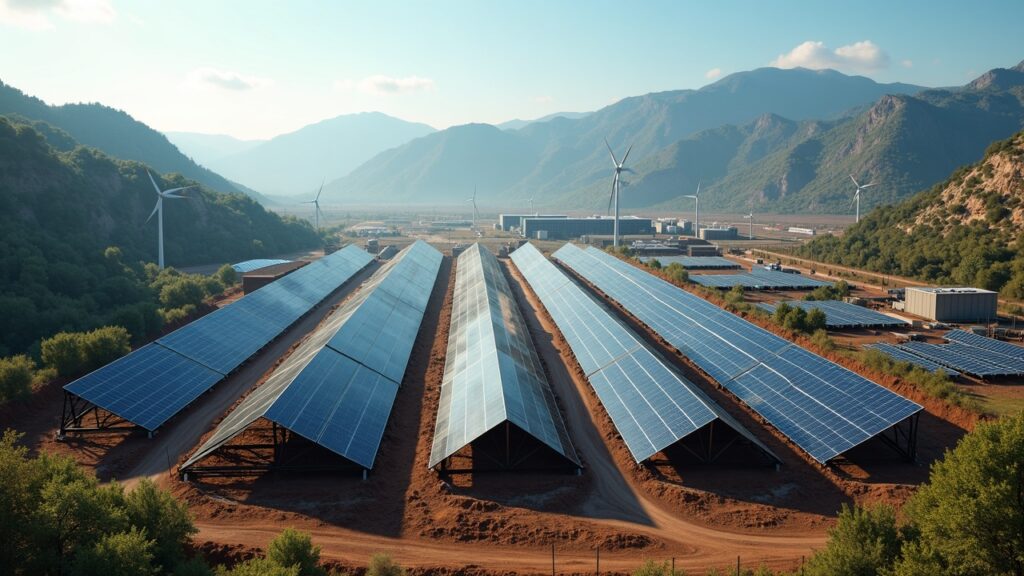Clean energy is changing how Bitcoin is mined, according to Haipo Yang of ViaBTC. The shift to renewables is altering both the cost structure and the geography of mining, with Yang stating that over half of the network now runs on hydro, solar, wind or nuclear power. Electricity—30% to 70% of revenue—now shapes decisions for operators, equipment buyers and treasury managers.
Haipo Yang told Odaily and the ViaBTC blog that hydro, solar, wind and even nuclear plants are being added faster. He said the reason is simple: power is the largest operating cost, and cheap renewables raise margins. He also noted limits, since solar and wind stop when weather changes, batteries or other storage are required for 24-hour operation, and hydro is only available in certain river valleys.
Clean energy: the key player on bitcoin market
The interview lists Brazil, El Salvador (volcanic geothermal) and Pakistan as growth zones that now route part of their grid to mining farms, which moves capital and machines away from older hubs. ViaBTC ranks among the largest pools and markets payout models and finance tools that let small owners join. A mining pool combines hash rate from many users and pays each one a share that matches the work delivered.
Intermittent supply forces miners to buy batteries or sign long-term power purchase agreements, which raises capital spending and contract length. Yang said wider renewable use may soften public criticism besides extend the industry’s life.
ViaBTC repeats that it follows local laws and keeps security certifications current, a sign that regulators now ask for more paperwork or audits. Operators with steady, low-price power keep higher margins; everyone else can rent hash rate through pools as the hardware barrier falls.
“At ViaBTC we are committed to legal compliance and continuously obtain security certifications,” Yang said on the company blog.
Yang’s next target is to fund and install storage that smooths renewable gaps, reinforcing his view that stable power decides whether a site stays profitable, according to the interview and the ViaBTC blog.


